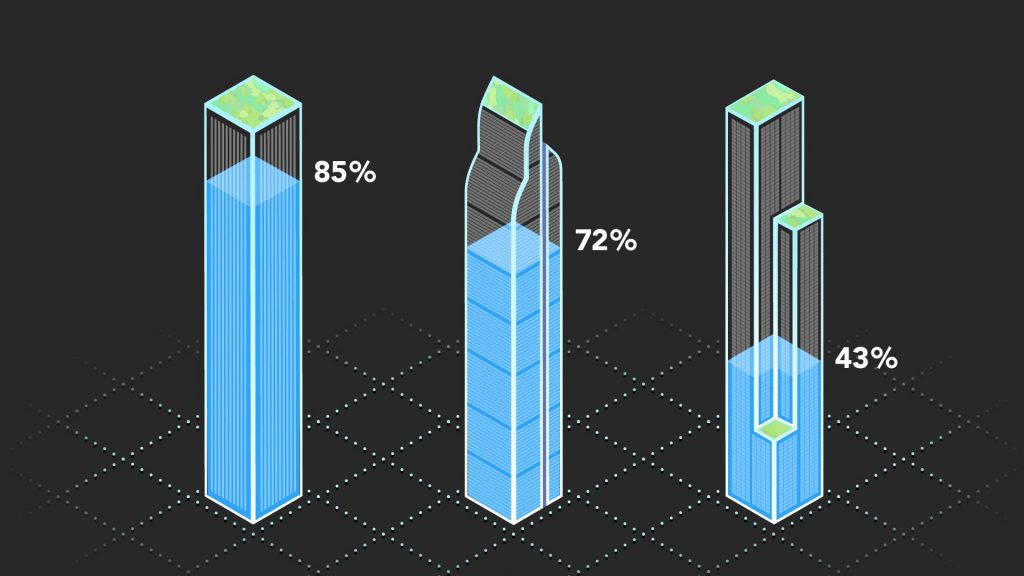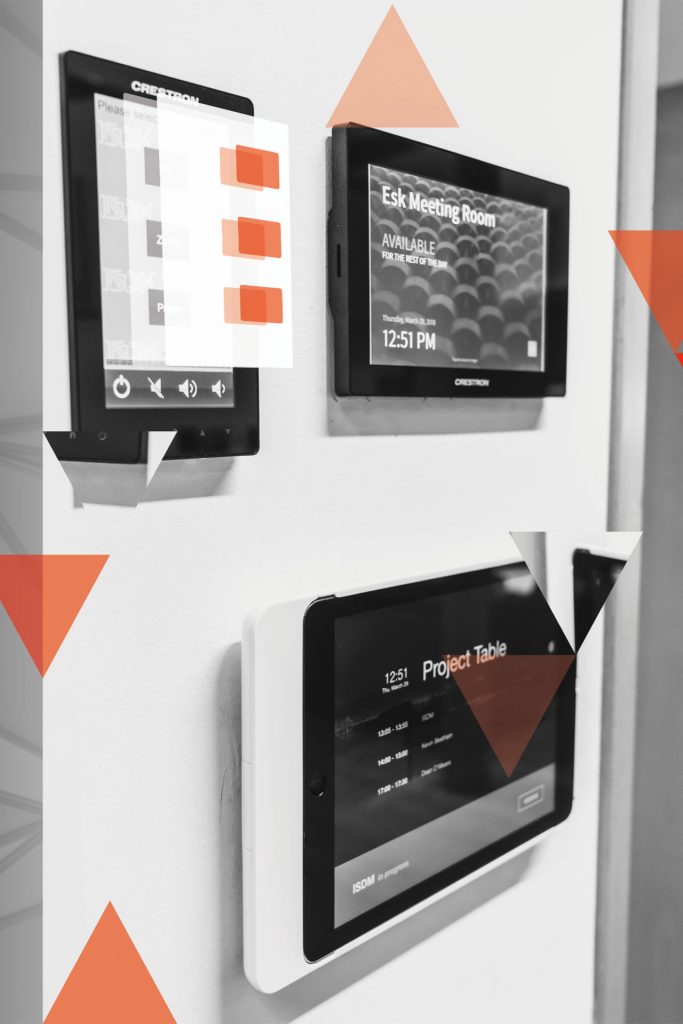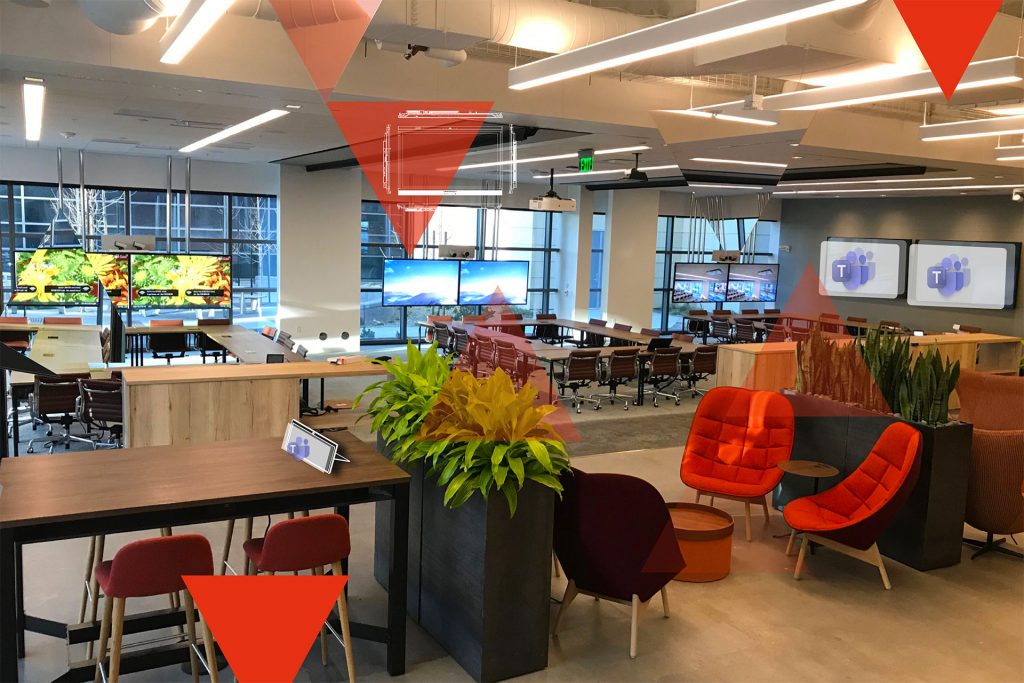Benefits of Space Management
Space Management empowers companies to:
Smart Office Solutions
Empowering Connected, Efficient, and Sustainable Workspaces
At ISDM, we deliver cutting-edge Intelligent Building Solutions that combine the latest in IoT innovation, workplace analytics, and smart technology platforms to transform the way your business operates. Whether you require a stand-alone solution or a fully integrated smart building ecosystem, we partner with industry leaders like UMA, to deliver scalable, future-ready solutions tailored to your needs.
Using real-time sensor data and smart integrations, our platforms provide actionable insights that improve:
- Space utilisation
- Energy efficiency
- Environmental quality
- Employee well-being
- Operational control
We don’t just implement technology—we help you create a responsive, data-driven workplace that adapts to modern challenges and supports your ESG goals.
Designed Around Your Business
Every organisation is different. That’s why ISDM takes a consultative approach—designing and delivering bespoke intelligent building solutions that align with your business strategy, employee needs, and sustainability objectives.
Whether you’re managing hybrid workforces, optimising your real estate portfolio, or pursuing Net Zero goals, our smart office technology empowers you to take meaningful action.
From flexible booking systems and live occupancy dashboards to air quality monitoring and predictive analytics, our solutions are built to:
- Enhance daily operations
- Improve employee experience
- Support long-term resilience and growth







